Don't go against Uncle Ho's will and make our people complain and upset.
Reporter (PV):
Dr. Le Doan Hop: The success of the August Revolution in 1945 and the birth of the Democratic Republic of Vietnam on September 2, 1945 opened a great turning point for our nation, bringing the Vietnamese people from slavery to master their lives and society. The joy of national independence was an extremely great happiness for the entire nation, but the newly established revolutionary government also faced countless difficulties and challenges. One of those challenges was that a number of cadres and party members were subjective and complacent with the achievements of the revolution, easily suffering from the backwardness and remnants of the thousand-year feudal autocratic regime. Therefore, Uncle Ho wrote the article "How to win the hearts of the people" to remind and advise cadres, party members, soldiers, and police of the new government, a government of the people, by the people, for the people, to always put the interests of the people first and foremost. Many times Uncle Ho pointed out: Our regime is a democratic regime. The people are the masters. The government is the servant of the people. Therefore, cadres and party members must do everything best for the people, bring legitimate and practical benefits to the people, and at the same time stay away from things that cause trouble, disadvantage, or harm to the people.
Looking back 80 years later, Uncle Ho's advice "whatever is beneficial to the people must be done with all our might, whatever is harmful to the people must be avoided with all our might" is not only a very humane political thought, demonstrating the cultural height of a great man, but also a profound declaration of the revolutionary ethics of communists.
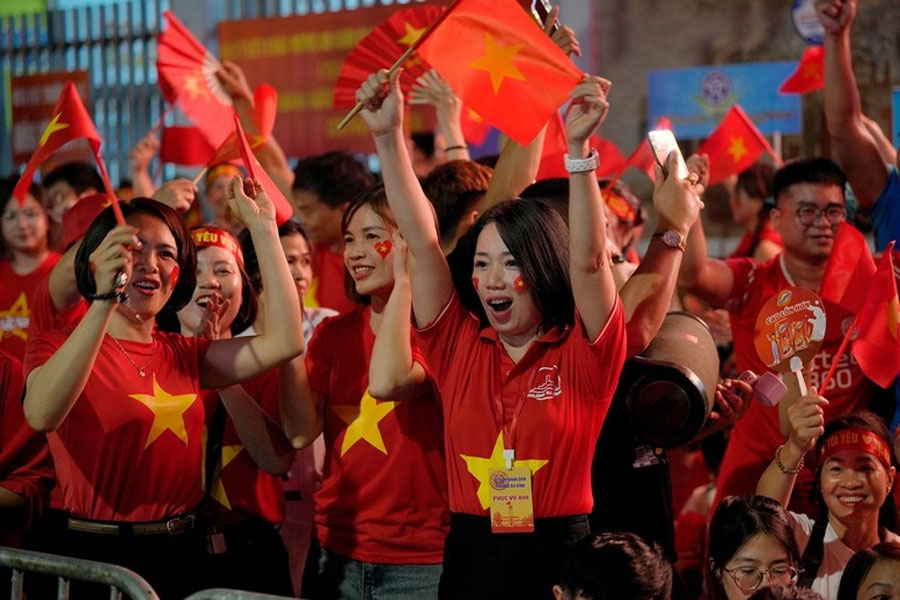 |
| Illustration photo: qdnd.vn |
PV:
Dr. Le Doan Hop : There are many reasons, but the main reason, as pointed out in Resolution 4 of the 12th Party Central Committee, is that cadres and party members themselves fall into selfish and narrow-minded individualism, are tempted by material interests; are indifferent, apathetic, and irresponsible in the face of difficulties, frustrations, and legitimate demands of the people.
Another deep-rooted cause, in my opinion, is that nowadays many officials in positions of authority talk a lot, talk well, but do little, do poorly, say one thing, do another. A fairly common disease in many places is that officials still speak long-windedly, empty words, shout empty slogans, make promises, and give instructions on grand and grand things without knowing the goals and results. Even when giving instructions in front of thousands of people, some officials only look at the documents prepared by their subordinates and still read them wrongly. Because they do not prepare or study the documents in advance, they make careless statements that make people laugh, thereby losing the "sacredness" of the leader.
During his lifetime, Uncle Ho often spoke briefly, wrote briefly, and gave practical, specific, easy-to-understand, easy-to-remember, and easy-to-implement instructions. When he said, he did, did substantially, and effectively.
I think that the measure of morality and talent of a cadre in any era is not good speech, eloquence, or eloquence, but whether the work he does is practical and humane, and whether it brings real benefits to the people and the country. If one truly loves the country and the people, a cadre must not speak empty words, make empty promises, or show off.
When I was Secretary of Nghe An Provincial Party Committee (2002-2005), when I went to the grassroots to learn about the reality and talked with the people, I always remembered the sayings of ethnic minorities, especially the Mong people. People said that the cadres spoke long and hard, and the people did not understand everything. Nowadays, people only believe in the Party on the tree (loudspeakers hung on trees), and no longer believe in the Party on the ground (with the implication of losing faith because many grassroots cadres said but did not do). In the past, Uncle Ho came to the people to understand comrades. Now, a group of cadres come to comrades to understand comrades, it is very difficult!
Cadres and party members must love the country and people sincerely and genuinely.
PV:
Dr. Le Doan Hop: If we talk about revolutionary ethics, Uncle Ho repeatedly emphasized that cadres and party members must be diligent, frugal, honest, upright, impartial and selfless. In my opinion, these virtues are very necessary because they encompass the goals, content and meaning of political ethics, patriotism and love for the people of cadres and party members.
Patriotism must make the country independent, rich, strong, and have enough internal strength to rise up and stand shoulder to shoulder with the world's great powers. Love for the people must make them truly free and happy, make sure everyone has food to eat and clothes to wear, everyone can study, and everyone can be examined and treated when sick. Throughout all of Uncle Ho's work, these four words were the foundation.
Looking back in history 80 years ago, when the young revolutionary government was just born, Uncle Ho also selected cadres according to the standards of patriotism and love for the people, such as when he invited talented intellectuals from abroad such as Pham Quang Le (Tran Dai Nghia), Tran Huu Tuoc, Vo Quy Huan... to return to the country and assigned important responsibilities, because he realized that these were patriots and voluntarily followed the revolution and devoted themselves to the country and the people.
Unfortunately, in recent times, because of "group interests", factions and localism, in many places in the public apparatus, people still choose officials according to their cronies. Choosing the wrong officials and giving them power will have unpredictable consequences for both the work and the person being given power. When a person in authority has substandard qualifications, it is very difficult for subordinates to find a safe place; when they do not follow the wishes of their superiors, if they do not lose their jobs, they will not be at peace; and if they do follow their superiors, the consequences are unpredictable. In reality, there have been cases where corrupt and degenerate leaders have dragged dozens of subordinate officials into "involvement", downfall, discipline, and dismissal! Who can call a superior like that patriotic and loving to the people?
PV:
Dr. Le Doan Hop: I would like to sincerely share that I hope that a part of the current cadres should say and do in unison. Say to do. Do to prove words. Don't "polish" yourself with polished, flowery words. If you let people lose faith, you will lose everything.
We have talked about learning from Uncle Ho a lot, but how much we can follow Uncle Ho, each of us must seriously examine our conscience. In my opinion, learning from Uncle Ho, leaders should not accept inappropriate gifts from subordinates. Learning from Uncle Ho, we should not be greedy to receive medals, awards, and commendations. Learning from Uncle Ho, we should be more diligent in reaching out to our compatriots than to our comrades. Learning from Uncle Ho, we must speak honestly, sincerely, be receptive, listen, and accept the sincere voices of the people, especially the voices of intellectuals, farmers, workers, and dedicated veterans. Learning from Uncle Ho is to be frugal, not showy, formal, or deceitful, and to overcome the situation of "making a fuss, reporting well"...
PV:
Dr. Le Doan Hop: That's right! I want to add, if Uncle Ho's descendants today have anything better than Uncle Ho, they should say it. If they don't say anything better, they should try to follow what Uncle Ho taught them. Whatever they do for the people and the country, they must do it sincerely and substantially to contribute to making the people peaceful, the people happy, the people rich and the country strong. By doing so, we have contributed to realizing the wishes and aspirations of our beloved Uncle Ho.
PV:
PHUC NOI (performed)
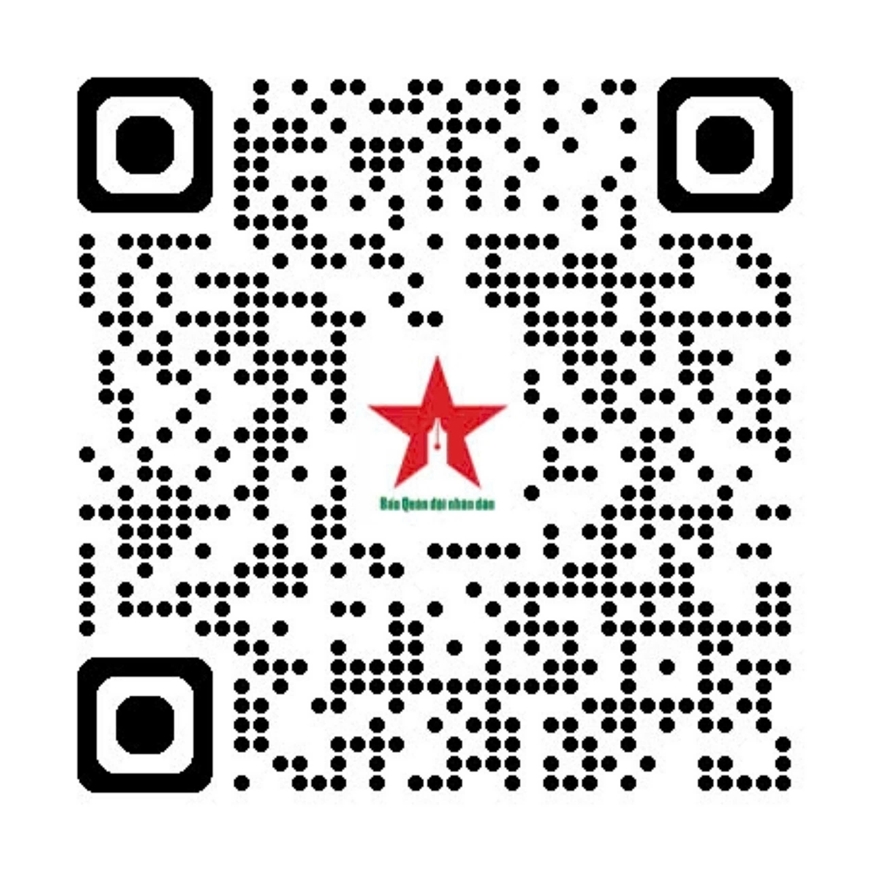 |
Source: https://www.qdnd.vn/phong-chong-tu-dien-bien-tu-chuyen-hoa/yeu-nuoc-thuong-dan-that-long-thi-khong-duoc-noi-suong-hua-hao-lam-mau-866567





![[Photo] Worshiping the Tuyet Son statue - a nearly 400-year-old treasure at Keo Pagoda](/_next/image?url=https%3A%2F%2Fvphoto.vietnam.vn%2Fthumb%2F1200x675%2Fvietnam%2Fresource%2FIMAGE%2F2025%2F12%2F02%2F1764679323086_ndo_br_tempimageomw0hi-4884-jpg.webp&w=3840&q=75)
![[Photo] Parade to celebrate the 50th anniversary of Laos' National Day](/_next/image?url=https%3A%2F%2Fvphoto.vietnam.vn%2Fthumb%2F1200x675%2Fvietnam%2Fresource%2FIMAGE%2F2025%2F12%2F02%2F1764691918289_ndo_br_0-jpg.webp&w=3840&q=75)

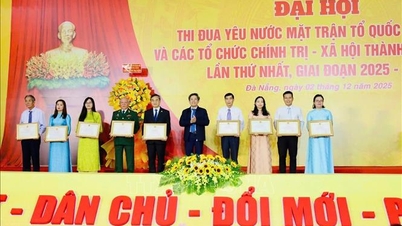



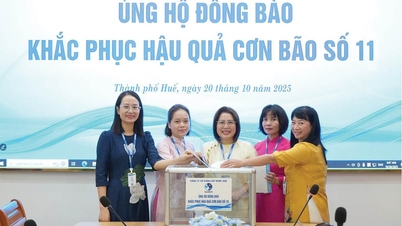

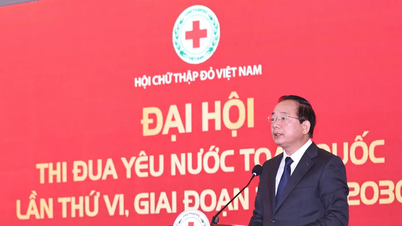




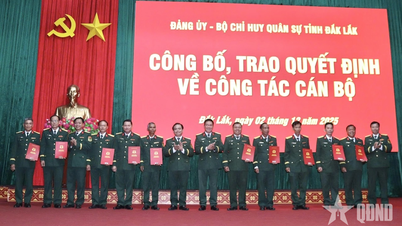
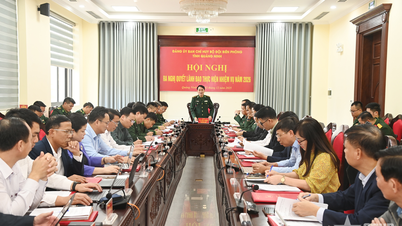
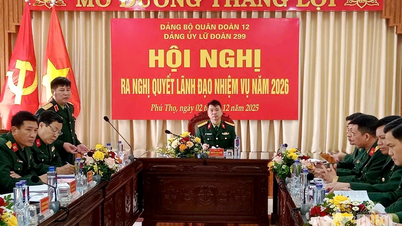
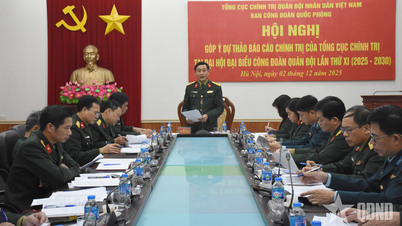
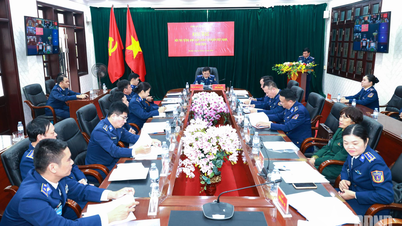
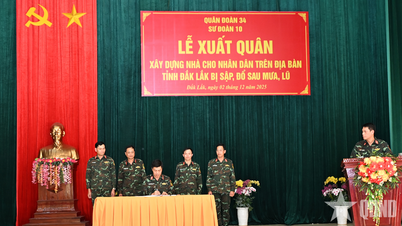




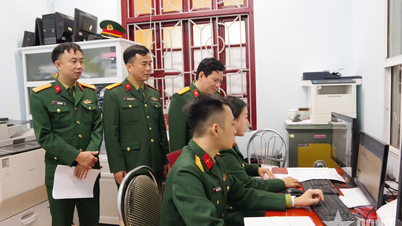

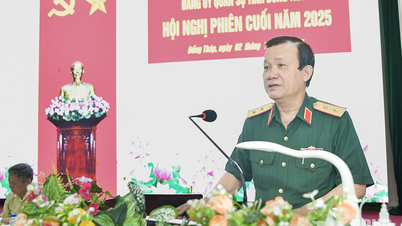

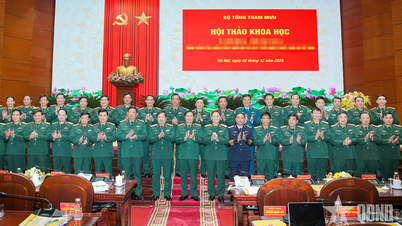
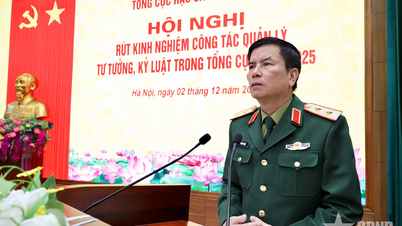
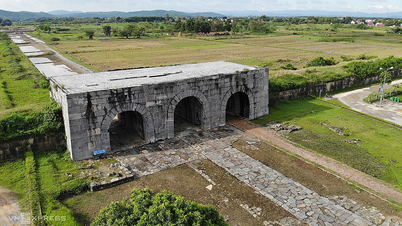









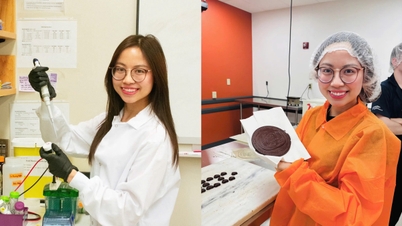
























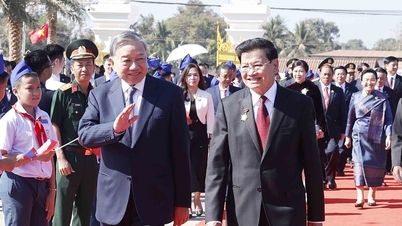
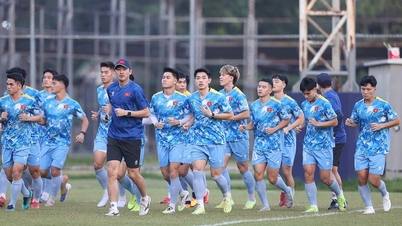



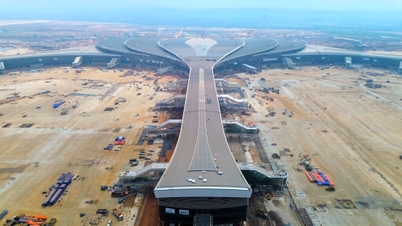

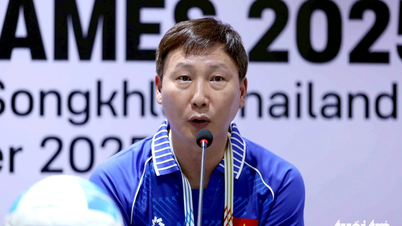

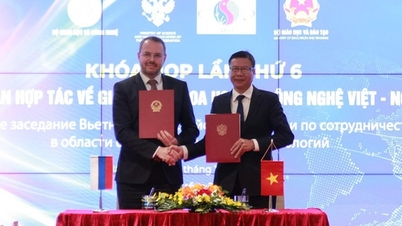
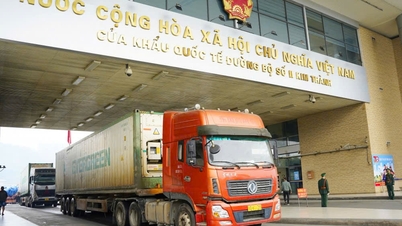

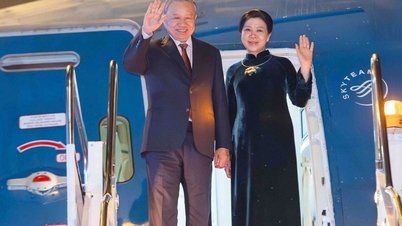

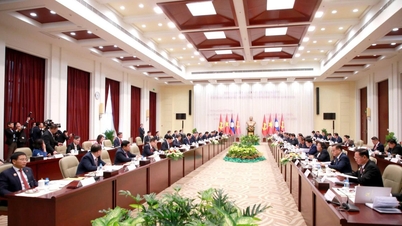

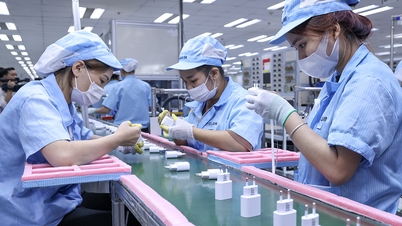
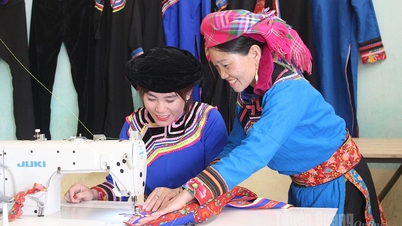


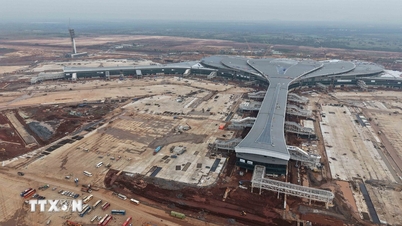

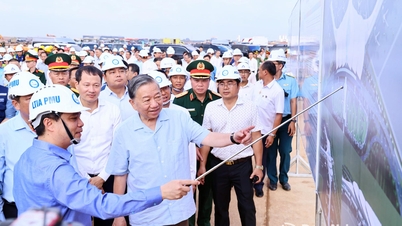
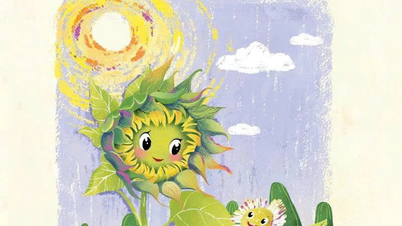

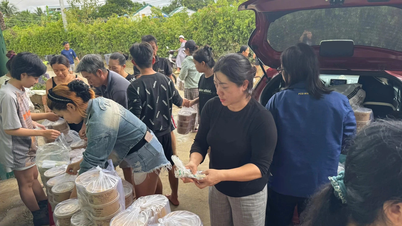













Comment (0)